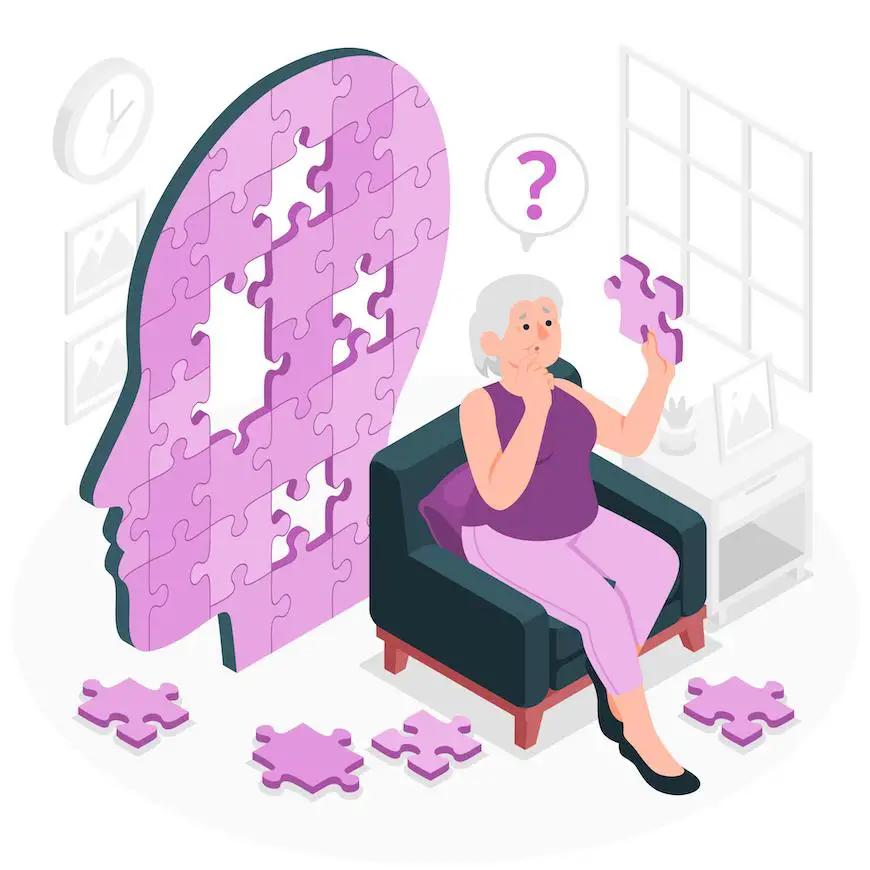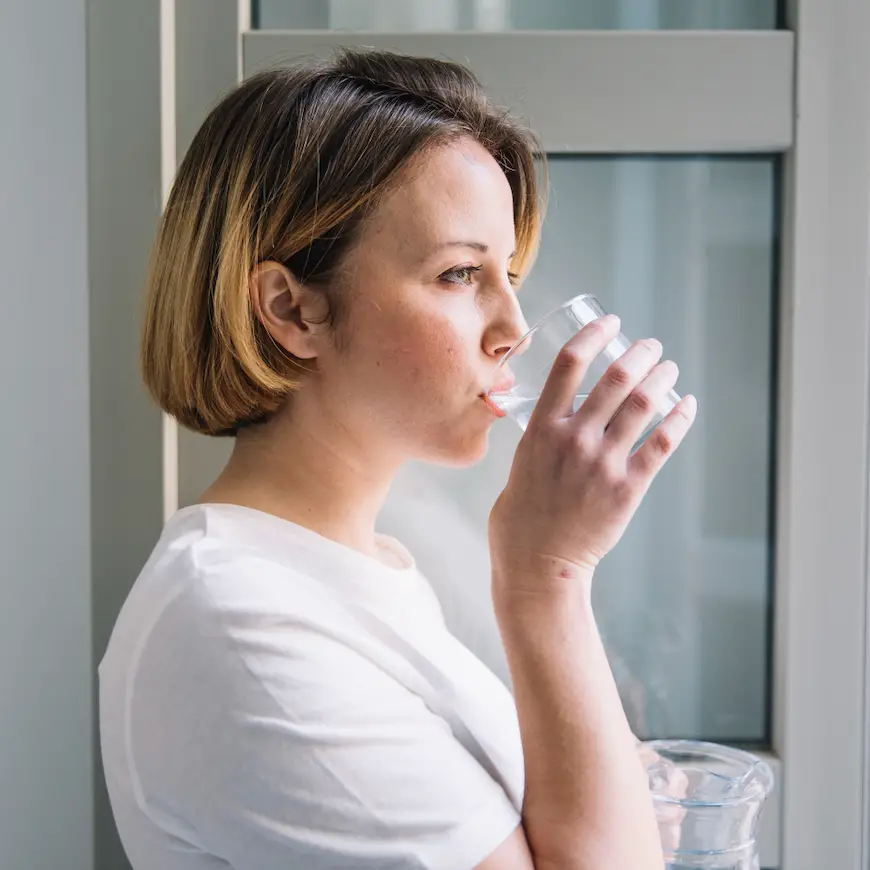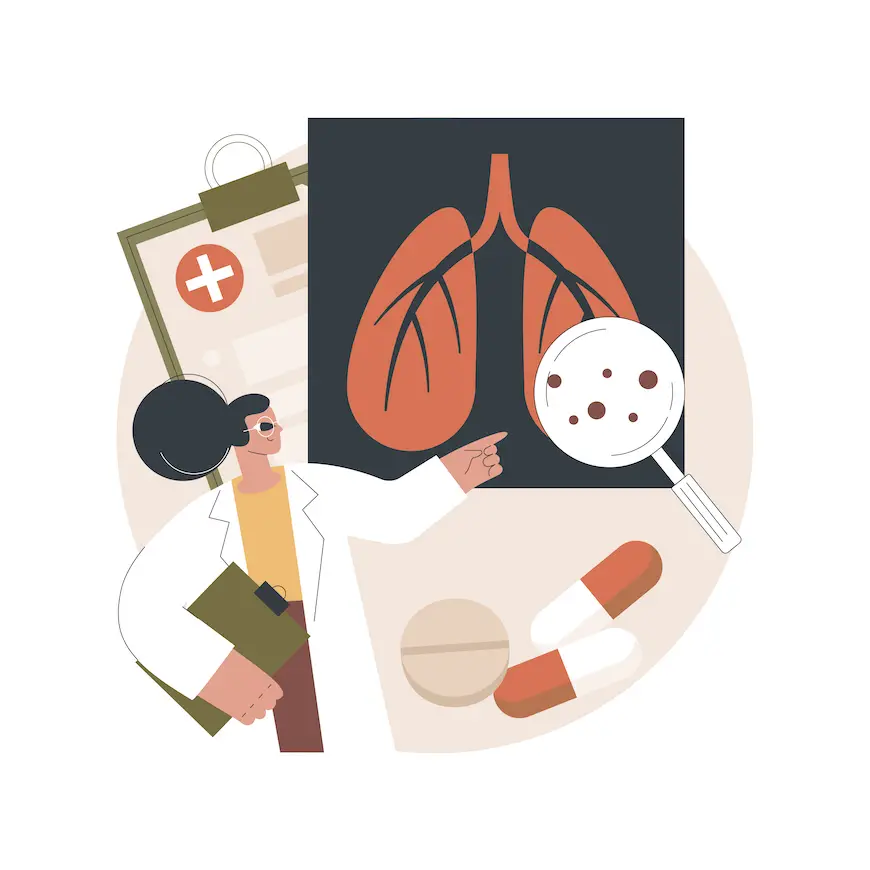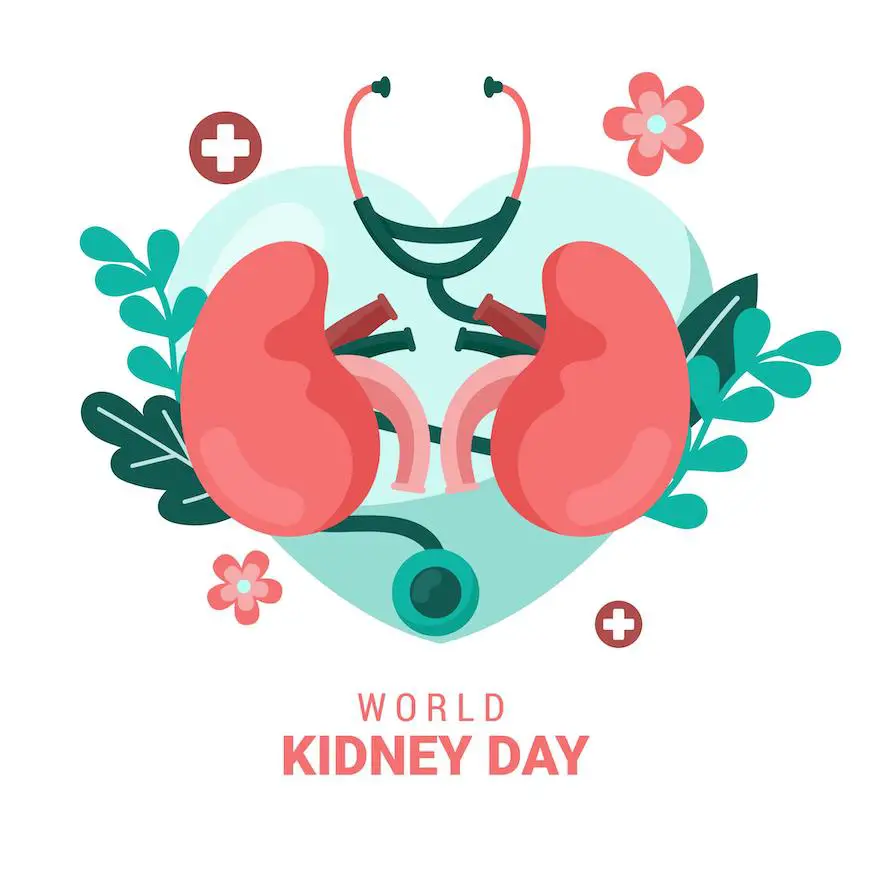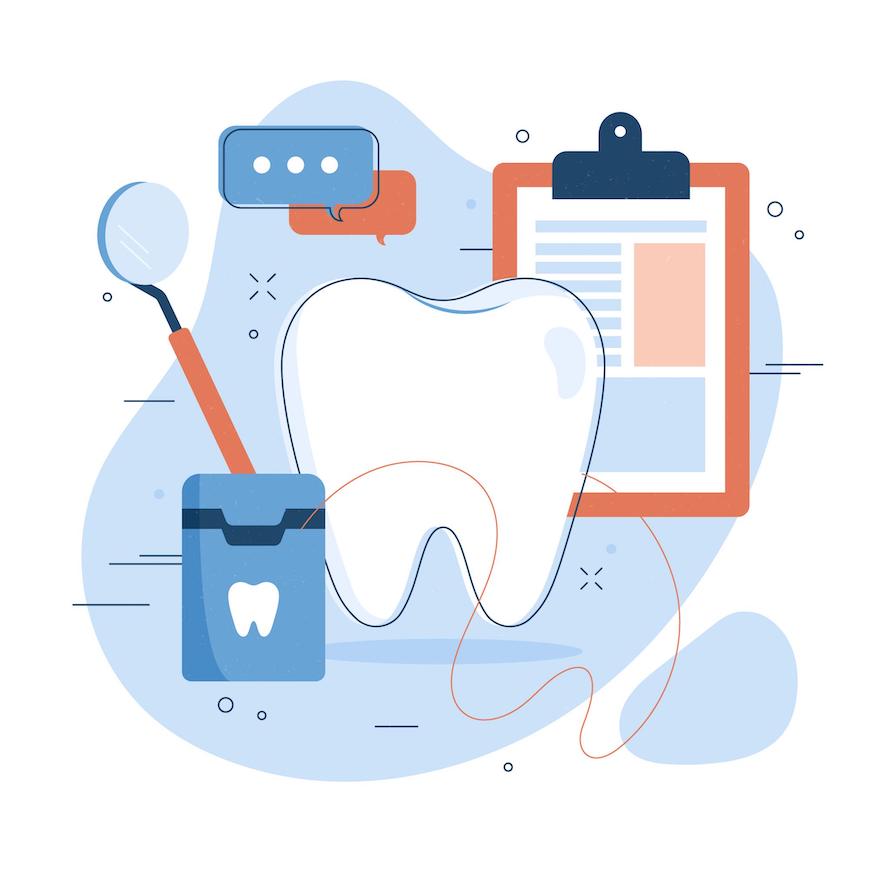Alzheimer’s disease is one of the most common and challenging forms of dementia, a broad term for conditions that impair memory, thinking, and behavior. While dementia has many causes—including brain injuries and diseases—Alzheimer’s accounts for 60-80% of all cases. Understanding this condition, its symptoms, and how to manage it can significantly improve the lives of those affected and their caregivers.
Let’s explore Alzheimer’s disease in detail, including key facts, symptoms, diagnostic methods, and treatments, along with some highly rated Amazon-recommended medications that may help.
What Is Alzheimer’s Disease?
Alzheimer’s disease is a chronic, progressive condition that affects brain function. It is not a normal part of aging but rather a specific disease with distinct effects on memory and cognition. Although it typically develops in people over 65, younger individuals can also experience early-onset Alzheimer’s.
While there’s no known cure, treatments are available to slow the progression of symptoms and enhance quality of life.
Key Facts About Alzheimer’s Disease
1. It Is a Chronic Condition
Alzheimer’s is an ongoing, long-term illness. Unlike acute conditions that resolve quickly, this disease progresses over years, gradually impairing cognitive functions like memory, reasoning, and communication. Early detection can help manage symptoms more effectively, but the chronic nature of Alzheimer’s underscores the need for ongoing care and support.
2. Alzheimer’s and Dementia Are Not the Same
Many people confuse Alzheimer’s disease with dementia, but they are not identical. Dementia is a broad category of symptoms affecting mental capabilities such as memory and judgment, often caused by various underlying conditions. Alzheimer’s, however, is a specific disease and the leading cause of dementia, characterized by distinct changes in the brain.
3. Symptoms Worsen Gradually
The progression of Alzheimer’s is typically slow. In the early stages, symptoms such as minor forgetfulness or difficulty concentrating may be mistaken for normal aging. Over time, however, these issues escalate into more severe impairments, like disorientation or an inability to perform basic tasks. Recognizing these changes early is key to managing the disease effectively.
4. Certain Factors Increase Risk
Although anyone can develop Alzheimer’s, certain factors elevate the risk. Age is the most significant factor, with the likelihood increasing dramatically after 65. A family history of the disease also raises risk, suggesting genetic components. Additionally, lifestyle factors like poor diet, lack of exercise, and smoking may contribute.
5. Outcomes Vary
Each person’s journey with Alzheimer’s is unique. Some may experience a slow cognitive decline over decades, while others face rapid progression. Factors such as overall health, age at diagnosis, and access to treatment can influence how the disease unfolds. Individualized care plans are essential to address these variations.
Recognizing Alzheimer’s Symptoms
People with Alzheimer’s display specific symptoms that worsen over time. Let’s break these down:
- Memory Loss: This is often one of the first signs, impacting daily activities like forgetting appointments, misplacing items, or repeatedly asking the same questions.
- Difficulty Completing Familiar Tasks: Routine activities such as preparing meals or operating household appliances may become confusing and challenging.
- Problem-Solving Challenges: Individuals may struggle to follow steps in a recipe or calculate simple figures, highlighting difficulties with reasoning and planning.
- Language Issues: Finding the right words, following conversations, or naming everyday objects can become increasingly difficult.
- Disorientation: Confusion about dates, times, and familiar places is common, leading to situations where individuals might get lost in their own neighborhoods.
- Poor Judgment: Decision-making abilities diminish, which can manifest in behaviors like dressing inappropriately for the weather or neglecting personal hygiene.
- Mood and Personality Changes: Anxiety, irritability, depression, or withdrawal from social interactions may occur as individuals become aware of their cognitive challenges.
In advanced stages, symptoms often include:
- Severe Communication Difficulties: Speaking or understanding others becomes a significant challenge.
- Immobility: Physical abilities like walking or sitting upright may deteriorate.
- Complete Dependence: Individuals often require full-time assistance for basic tasks such as eating or dressing.
These symptoms warrant medical attention to determine their cause and develop an appropriate care plan.
Diagnosing Alzheimer’s Disease
Diagnosing Alzheimer’s involves a series of steps to rule out other conditions and confirm the presence of cognitive decline. Here’s what to expect:
Initial Evaluation
Your doctor will gather a comprehensive medical history, asking about:
- Symptoms: When they began, how they’ve progressed, and their impact on daily life.
- Family History: Whether close relatives have had Alzheimer’s or other cognitive conditions.
- Lifestyle Habits: Diet, exercise, sleep patterns, and alcohol consumption.
- Medications: Current and past prescriptions or supplements that could affect cognition.
Cognitive and Physical Exams
Doctors often use cognitive tests to assess memory, reasoning, and orientation. For instance:
- Memory Checks: Recalling a list of words or recent events.
- Orientation Questions: Identifying the current date or location.
Physical exams may include:
- Vital Signs: Checking blood pressure, heart rate, and temperature.
- Blood and Urine Tests: Identifying potential causes like infections or nutritional deficiencies.
Neurological and Imaging Tests
To further evaluate symptoms, your doctor may recommend:
- Neurological Exams: Testing reflexes, balance, coordination, and speech.
- MRI Scans: Providing detailed images of the brain to detect inflammation, structural changes, or other abnormalities.
- CT Scans: Identifying patterns of brain shrinkage or other unusual traits.
- Blood Tests: Detecting genetic markers associated with Alzheimer’s.
These steps help rule out conditions like strokes, tumors, or vitamin deficiencies that could mimic Alzheimer’s symptoms.
Treatment Options for Alzheimer’s
Although Alzheimer’s cannot be cured, various treatments can help manage symptoms and improve quality of life. These include:
Medications
Medications are often prescribed to slow symptom progression and manage behavioral changes. Here are some options available on Amazon:
- Donepezil (Aricept): This drug helps improve cognitive function in mild to severe Alzheimer’s by increasing levels of acetylcholine, a neurotransmitter important for memory and learning. Check Amazon for availability.
- Memantine (Namenda): Effective in moderate to severe cases, this medication regulates glutamate activity to protect brain cells from excessive stimulation. Check Amazon for availability.
- Rivastigmine (Exelon) Patch: A convenient alternative to oral medication, this patch delivers steady doses of treatment directly through the skin, reducing gastrointestinal side effects. Check Amazon for availability.
- Omega-3 Supplements: Omega-3 fatty acids, found in products like Nordic Naturals or Viva Naturals, may support brain health by reducing inflammation and improving neuronal function. Check Amazon for availability.
- Ginkgo Biloba Extract: Known for its potential memory-boosting properties, this supplement may enhance cognitive function in some individuals. Check Amazon for availability.
Lifestyle Adjustments
In addition to medication, lifestyle changes can make a significant difference:
- Creating Routines: Consistent daily schedules reduce confusion and foster a sense of stability.
- Home Modifications: Labeling cabinets, organizing personal items, and minimizing clutter can improve safety and independence.
- Mental Stimulation: Engaging in activities like puzzles, reading, or music therapy helps maintain cognitive function.
- Exercise: Regular physical activity promotes overall health and may slow cognitive decline.
- Healthy Diet: A Mediterranean diet rich in fruits, vegetables, whole grains, and lean proteins supports brain health and reduces inflammation.
Supporting Loved Ones with Alzheimer’s
Caring for someone with Alzheimer’s is a challenging but rewarding experience. Here are some tips to help caregivers:
- Educate Yourself: Understanding the disease empowers you to provide better care and anticipate changes.
- Communicate Effectively: Use simple, clear language and maintain patience when interacting.
- Seek Support: Join caregiver support groups to share experiences, gain insights, and find encouragement.
- Take Breaks: Prioritize self-care to prevent physical and emotional exhaustion.
The Future of Alzheimer’s Research
Scientists are continually exploring new ways to treat and prevent Alzheimer’s. Advances in genetics, brain imaging, and drug development offer hope for future breakthroughs. Early detection through biomarkers and innovative treatments could revolutionize how we manage this condition.
Conclusion
Alzheimer’s disease is a life-changing diagnosis, but understanding its symptoms, treatments, and caregiving strategies can help improve outcomes. While there’s no cure, medications and lifestyle changes can slow progression and enhance quality of life.
If you or someone you love is living with Alzheimer’s, consult with healthcare professionals and explore available treatment options. With compassion, knowledge, and the right resources, it’s possible to navigate this journey together.
More on the Alzheimer Association site.
